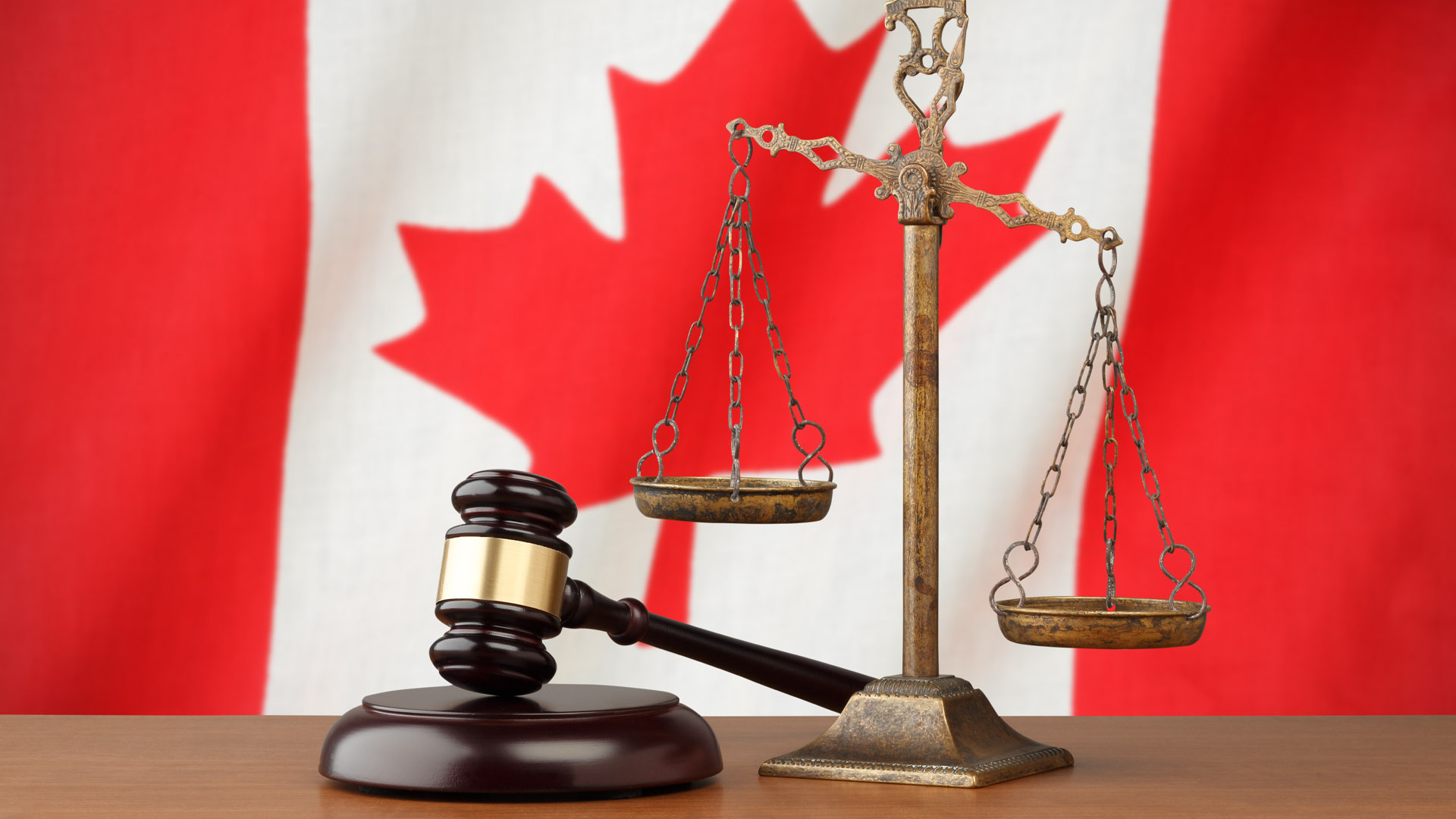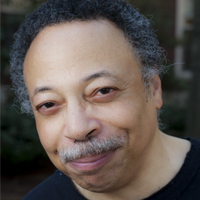
As Canada’s 7th Parliamentary Poet Laureate (2016-17), I never accepted Plato’s notion that poets should not be entrusted with any say over statecraft. Nor have I ever been satisfied with Percy Shelley’s idea that poets are “unacknowledged legislators.” What if we could be “acknowledged,” eh?
Being a poet, now, who has — to quote Shakespeare’s Othello, “done the State some service,” I want now to provoke some thought about what might yet be done to improve the Constitution.
In my role as a visiting artist-in-residence last November at the Peter Wall Institute for Advanced Studies (PWIAS) at the University of British Columbia (UBC), I had the privilege of convening a “constitutional assembly,” which was attended by 20 UBC professors and students from anthropology, creative writing, English, environmental sciences and law.
The purpose of this constitutional assembly was to expose my thinking about potential adjustments to The Constitution Act to the thinking of an ad hoc assortment of other Canadian intellectuals, to see if my ideas had any traction, but also to suss out what others think should be done to improve on the work of the first ministers of the last century.
I was tasked with typing up the recommendations that emerged from the gathering. Some of them are fairly radical, but all of them were the products of long deliberation, given that several proponents of these amendments arrived at the assembly with ready-made lists, the result of classroom debates, especially in law and environmental sciences.
Generally, the import of these suggestions is to ask us all to imagine a Canada where Indigenous peoples and concepts are central (not in any way marginal or tokenistic); environmentalism enjoys constitutional heft; multiculturalism is de rigueur (dislodging any apparent WASP overlordship); social democracy is exalted over private enterprise and its “rights”; major cities have as much prestige and power as provinces; voting has real consequences (in terms of proportional representation) and not voting is illegal, thus upping the possibility for a truly participatory democracy; and where we could add like-minded territories and provinces beyond our current geographical limits. (Admittedly, the most whimsical amendments are my own.)
The constitutional assembly idealists and visionaries demonstrated that matters are not settled! There is work to be done to flesh out the promise of 1982’s patriation of the Constitution.
It remains my duty to report that the constitutional assembly produced the following amendments, bearing in mind that the PWIAS and UBC cannot accept either responsibility or credit for the ideas put forward:
On Indigeneity
- Recognize Indigeneity as the fundamental characteristic of Canada and interpret the Constitution in this light.
- Recognize Indigenous languages as official languages.
- Add a fourth-level of government that acknowledges Indigenous self-government and self-determination.
- Dedicate 1 percent of all taxes collected to Indigenous peoples/First Nations as a perpetual “rent.”
- Transfer underlined title from the Crown to Indigenous trusteehood, stewardship and guardianship, according to Indigenous conceptions of citizen relationships to the land.
- Recognize Indigenous autonomy in regards to managing traditional and ancestral lands.
- Incorporate into the public education system the promotion of Indigenous mindsets and ideologies.
- The Government of Canada must negotiate in good faith, with Indigenous peoples, the administration of the National Capital Region.
On “good”-to-better governance
- Enshrine proportional representation as our electoral system.
- Designate major municipalities — of plus-500,000 population — as city-states, empowered to collect revenues and exercise autonomy over deployment of said resources.
- Devolve — with adequate funding — greater authority to municipalities.
- To ensure participatory democracy and supplementary, deliberative democracy, mandate greater use of referenda; plus, make voting mandatory.
- Abolish the Monarchy.
- Domesticate the Monarchy by allowing the appointment of a new Royal Canadian family, every decade, chosen by a lottery available to every adult citizen, save those who have criminal records or who have been hospitalized due to mental illness.
- Ban omnibus bills as unconstitutional (for they tend to decrease parliamentary oversight).
- Ban fixed-election-dates as unconstitutional (for they tend to increase the role of capital in influencing policy).
On the environment
- Create a Canadian charter of environmental rights and responsibilities.
- Recognize the fundamental right to live in a healthy and sustainable environment.
- Include the “rights of nature” — to preserve, protect, and restore Nature’s beauty, diversity, and integrity.
- Protect—from “development” — at least half of Canada’s terrestrial and marine area.
- Establish an office of the public advocate, charged with preservation of the environment, ecosystem, and natural resources, to report annually to Parliament, and derive its funding from a 20 percent tax on all resource extraction activities in Canada.
- Provinces shall ensure that both public and private primary and secondary education programs dedicate at least 5 percent of class time to the study of environmental preservation.
- Public education curricula must foster positive relationships between citizens and nature, with an emphasis on the morality of the inclusion of nature in civil society.
- Abolish capitalism.
On new Charter rights
- Enshrine a right to health care (including publicly funded dental, vision, prescription drugs [including marijuana], family planning, and fertility treatments).
- Recognize the right to clean water as a human right.
- Recognize a right to public transportation.
- Recognize a right to public control of broadcasting.
On multiculturalism
- To break down or dissolve fiefdoms of privilege, legislate more affirmative action and/or employment equity programs targeting racialized minorities.
- Instruct political parties to offer diverse lists of potential candidates, truly reflective of the diversity of the Canadian people.
- Recognize “third-languages” as official where numbers warrant.
- Recognize Canada as a multilingual nation.
On foreign affairs
- Identify Canada as a pacifist, demilitarized nation.
- Amend Section 146 to allow for the admission of new provinces, including territories not presently part of the territorial limits of Canada.
- Invest powers over declaration of war or negotiation of peace with the prime minister, subject to parliamentary oversight.
On poetics
- Establish a ministry of dreams that will guarantee every Canadian the right to access, experience, and enjoy creativity (including inventive engineering), aesthetics, and the arts.
- Commit all governments to preserve, promote, and support the creativity and innovative capacity of Canadians.
This was a wish-list of potential improvements to the Constitution — and to our lives as citizens of a multifaith, multicultural, and officially bilingual nation constructed on often unacknowledged “native land.” It is a statement of what many thoughtful Canadians think could be done — in terms of our fundamental law — to create a better society and move closer to achieving the promise of “Peace, Order, and good Government” in Section 91 of The British North America (BNA) Act.
Indeed, the BNA Act itself set up Canada as a Briton/British-ruled, self-governing “Dominion” of the British Empire, Christian in faith, only grudgingly and sparingly bilingual, treating “Indians, and lands reserved for the Indians” (91.24) as practically chattel, and leaving civil rights to the whims of the provinces.
So, just as the Canadian Charter of Rights and Freedoms makes war — so to speak — on the limited vision of Canada espoused in the BNA Act, not only enshrining civil liberties in but also adding new classes of Canadians (women; “multicultural” communities; and Inuit, First Nations, Metis) to the Constitution, so is it still necessary to further adjust the Constitution to make room for the facts of Indigeneity, urbanity, and the necessity of respecting the rights of nature, to ward off, one hopes, the Apocalypse.
Photo: London, ON: The Hyde Park outdoor Piano painted by the students of Oakridge school in the theme of our Canadian 150 year celebration. Shutterstock/by sherwood
Do you have something to say about the article you just read? Be part of the Policy Options discussion, and send in your own submission. Here is a link on how to do it. | Souhaitez-vous réagir à cet article ? Joignez-vous aux débats d’Options politiques et soumettez-nous votre texte en suivant ces directives.








